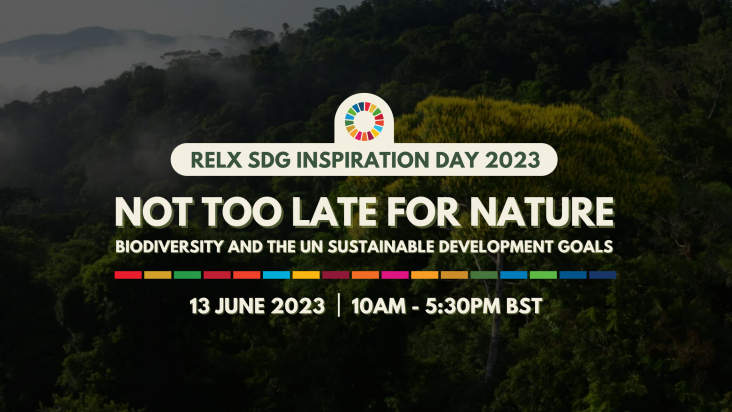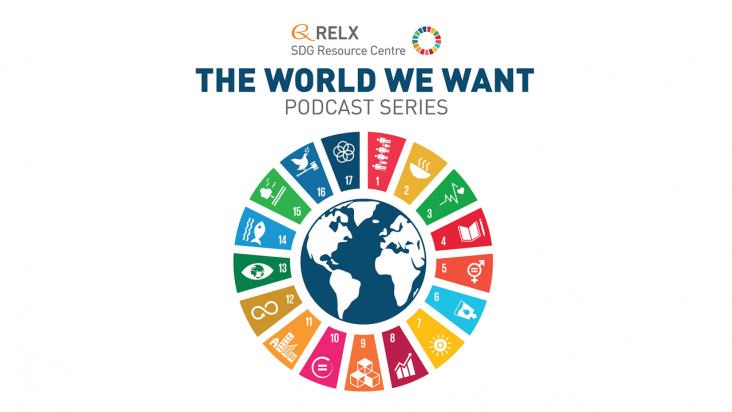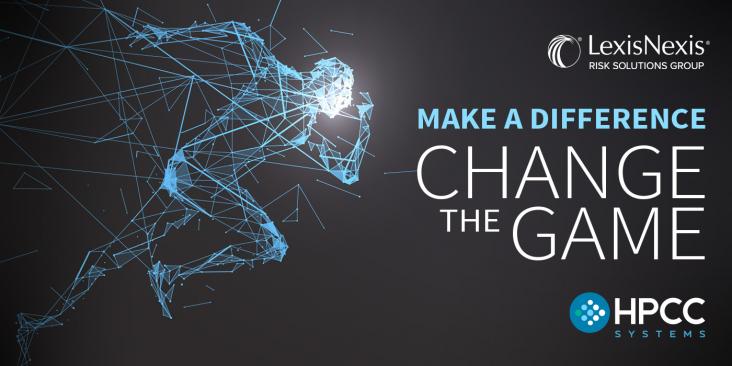
Recognising our customers' exceptional work to achieve the United Nations' Sustainable Development Goals

This article is an in-depth analysis of the challenges and solutions for the circular economy. This article relates to SDG 12, Responsible Consumption and production.

Register today for the ninth RELX SDG Inspiration Day - a free, online event for thought leaders, corporate representatives, students, investors, government and NGOs to explore issues, gain practical insights and be inspired to take action in support of the UN Sustainable Development Goals.

In this special International Women's Day episode of the “World We Want” podcast series, Kume Chibsa, inspirational thought leader and CEO & Co-Founder of Afrovalley, talks to Márcia Balisciano about the agro supply chain challenges that farmers, particularly women, face in Africa and how Afrovalley uses the latest in blockchain technology to help solve them, as well as the difference between equity and equality, the importance of mental health, and many more valuable leadership insights.

In this episode of the “World We Want” podcast series, Christopher Grant Kirwan, multidisciplinary professional and educator, as well as author of the book Smart Cities and Artificial Intelligence, talks to Márcia Balisciano about urban development and smart cities.

We are excited to announce the 9th annual HPCC Systems Community Summit will once again be held virtually this October! This year's event is free to attend and open to all users of HPCC Systems throughout the open source community.
Partner content
World Bank
These dashboards present data from the World Development Indicators (WDI) that help to monitor the Sustainable Development Goals (SDGs).
RELX SDG Customer Awards aim to recognise RELX customers who share our commitment to driving action in support of the United Nations Sustainable Development Goals. Read more about the 2022 winners.

Cirium develops a methodology to calculate the most accurate, historic, and predicted flight emissions data in the marketplace. This will allow airlines to track the fuel efficiency of their operations and customers to track and choose the lowest possible carbon footprint when they travel. This supports climate action and SDG 13.

World Smart Energy Week is the world’s leading comprehensive B-to-B trade show for smart and renewable energy held twice a year in Japan. The show aims to provide a platform for professionals from across Japan, Asia, and the world to negotiate and network for the future of smart and renewable energy business. This supports SDG 9: to build resilient infrastructure, promote inclusive and sustainable industrialization and foster innovation.
